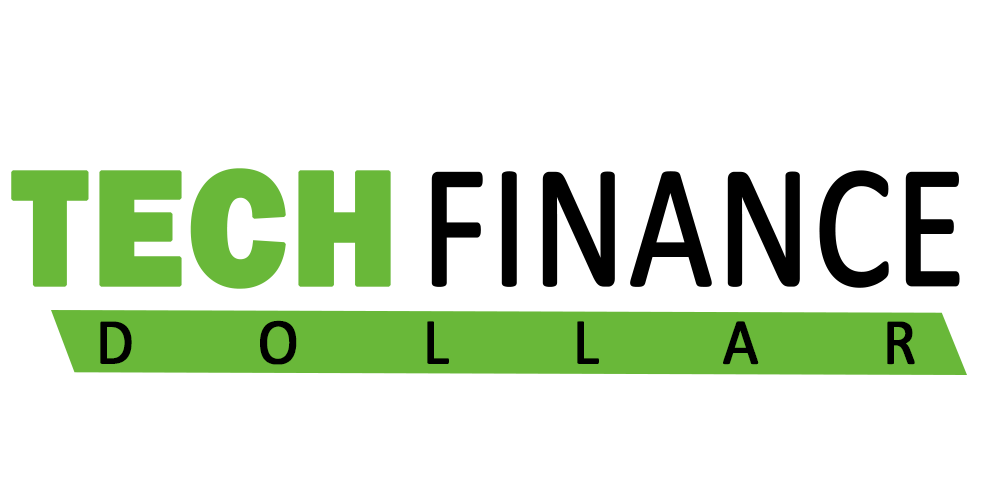Science is the application of study, discovery, measurement, and application of knowledge in all its forms and fields, including technology (which includes technology, physics, astronomy, and chemistry), to knowledge and the society. Science is the systematic study of nature and it abounds in all its dimensions. Some of the branches of science are philology (the study of history), physical science (the study of physical phenomena), engineering, and cognitive science. The division of science into various branches has been done so that the progress of science can be known with the progress in each branch. This is done by analyzing a variety of phenomena and collecting relevant information.
Applied science is part of the larger field of sciences, which has the goal of effecting human activities by introducing knowledge and making it available to other people to solve problems. There are applied sciences in the areas of engineering, health, environmental, technological, and social sciences. Examples of applied sciences are engineering, biology, and physics which are applied to solve problems in engineering, health, physical sciences, environmental, technological, and social sciences.
Forbidden zones in science are those areas beyond the normal range of knowledge that could be obtainable through a natural process, or black arts, such as psychics, voodoo, spiritualism, and magic. A notable example of a Forbidden Zone in science is quantum physics, where predictions can only be tested by observation, without the interference of science. The definition of a Forbidden Zone in science can also be used to define what are the boundaries beyond which one cannot go, such as what science can learn about God or the soul.

